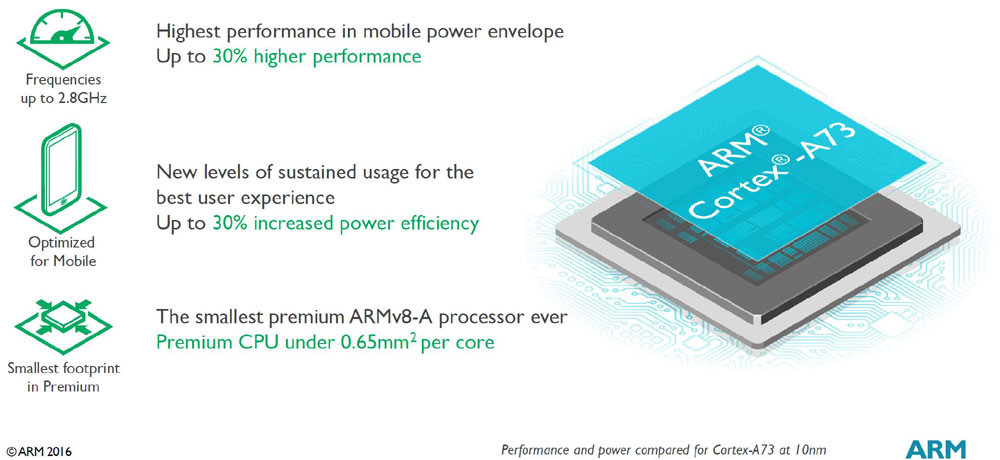Last year, the overheating issues of Qualcomm’s Snapdragon 810 chipset paved the way for chipsets from MediaTek to feature in mid- to high-end Android devices. While MediaTek chips cannot beat offerings from Qualcomm in terms of pure performance, the company more than makes up for it by imcluding in more cores in its chipsets.
The company’s upcoming high-end chipset, the Helio X20, is going to set a new benchmark in this regard and feature 10 cores. This includes 4x low-power Cortex-A53 cores running at 1.4GHz, 4x Cortex-53 cores clocked at 2GHz, and 2x high-performance Cortex-A72 cores clocked at up to 2.5GHz.
However, speculations regarding this deca-core chipset started making their way to the Internet over the last few days claiming that it was prone to overheating. Now, shutting these rumors down, MediTek has clarified that its upcoming Helio X20 chipset does not suffer from any such issue. The company clarified that when under thermal load, its deca-core Helio X20 chipset is capable of shutting down its high-performance Cortex-A72 cores to keep temperatures in check.
Even though MediaTek claims otherwise, I definitely think there is some truth to rumors of the Helio X20 chipset overheating, and turning off two cores to avoid heating issues does not exactly mean that there are no overheating issues to begin with. Whenever a multi-core chipset heats, the very obvious thing to do is to shut down the powerful cores, which is what MediaTek is doing here.
Based on the leaky 20nm fabrication process, the Helio X20 chipset also features an ARM Mali-T8xx generation GPU, and despite Cortex-A72 cores being more power efficient than A57, clocking them as high as 2.5GHz, is definitely an ambitious move. Qualcomm’s Snapdragon 810 chipset was also based on TSMC’s leaky 20nm fabrication process and suffered from overheating issues, so it almost seems inevitable to me that the Helio X20 will also end up meeting with a similar fate.
Whatever the case might be, only time will tell if MediaTek has indeed solved overheating issues with its deca-core Helio X20 chipset or not.
[Via DigiTimes]

















